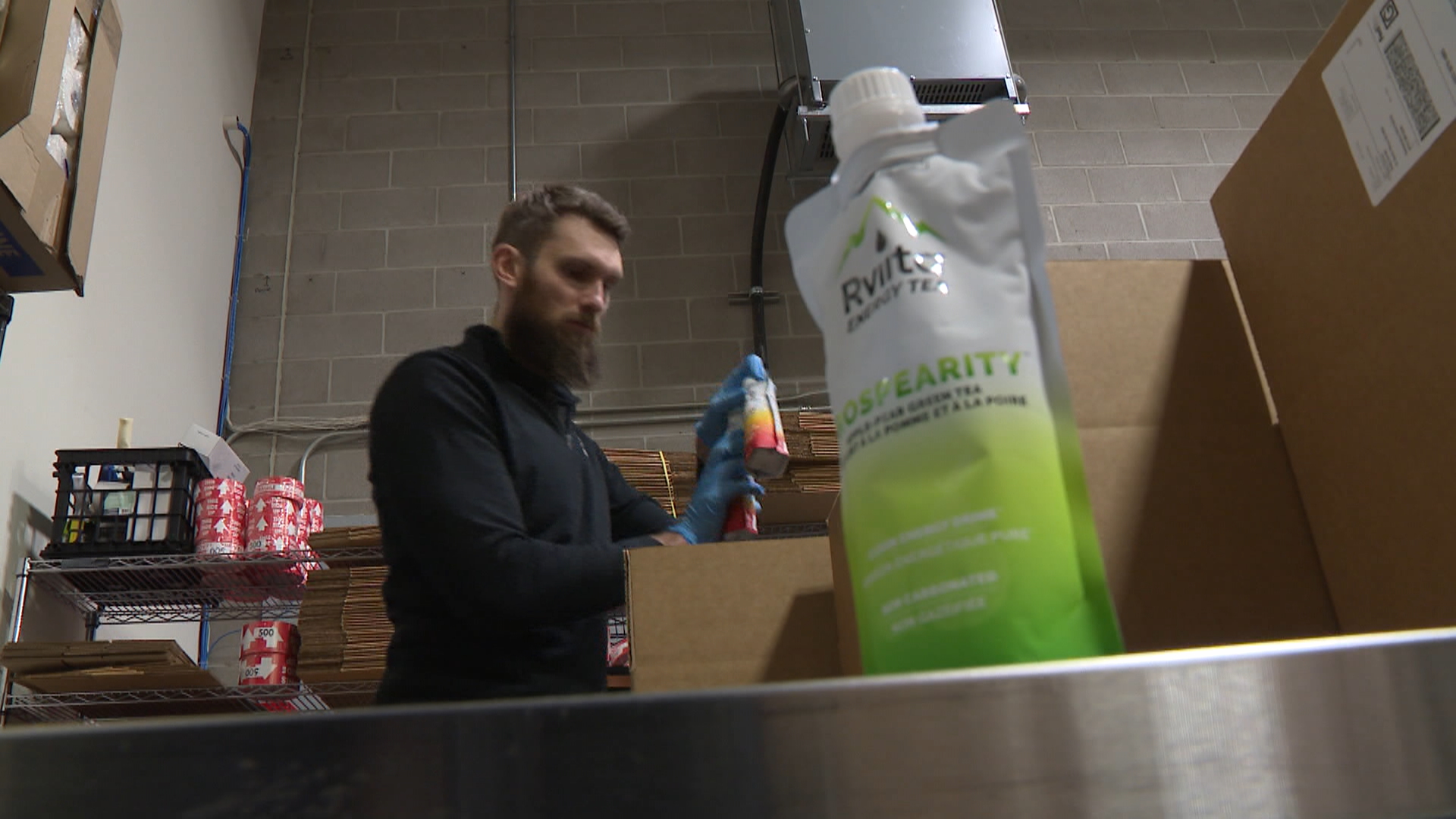ARTICLE AD BOX
In the 18th century, Gilchrist suffered from a terminal illness described as "completely incurable" and sought help from one of the most famous Scottish doctors of his time.
William Cullen (1710–1790) was the most famous and influential medical educator of his time, holding positions in chemistry, medical theory and medical practice at the University of Edinburgh.
During his lifetime, thousands of students witnessed his famous lectures. Thousands of Colleen patients consulted by mail or in person at the Edinburgh Clinic, including prominent figures such as his friend Adam Smith, the famous economist.
Cullen told his students that his motivation for adopting Gilchrist's case was for more scientific than clinical reasons, and he noted that he took it in the hope of making some observations on his condition and learning something when he died. Because Cullen had no hope that any treatment could cure Gilchrist, he decided to use a placebo to calm or please his patient.
Until the late 18th century, the term "placebo" was used in a religious, not a medical context. But that has changed, and the word "placebo" has come to mean "a treatment intended to satisfy the patient."
The term seems to have entered common usage sometime in the late 18th century, as the 1775 edition of George Motherby's New Medical Dictionary has no list on the subject, while the 1785 edition defines a "placebo" as "a common method or medicine."
Placebo effect
Under the influence of the "placebo" effect, some people see that their health is vaguely improving after receiving a pseudo-treatment that does not contain any active ingredient, perhaps this pill is stuffed with sugar. But what exactly causes the placebo effect? This is what Kamal Nahas tried to explain in an article he wrote for Live Science in which he interviewed a number of researchers to find out the medical contexts in which placebo may be used, and why some people feel better when taking this drug.
To understand the effect of placebo, we must first define it. Dr. Christopher Labus, a physician at the McGill Office of Science and Society, points out to Live Science that people often misinterpret the phrase "placebo" to mean a fake medicine offered by a doctor to deliberately trick the patient into believing that their health is improving. "You can't deliberately describe something that you know is ineffective," he says.
The patient can feel better when taking a placebo due to certain psychological factors and physiological changes in the brain and nervous system. However, there are other factors besides the brain that can play a role. In some cases, people's symptoms may improve regardless of whether they are getting real or placebo, and they simply think this change has occurred because they have eaten something.
In scientific research, when researchers refer to a placebo, they actually mean an ineffective treatment used as a point of comparison or "control" in a human trial.
"People (in the experiment) know there's a 50 percent chance they'll get a placebo," says Labus, so there's no deception. Placebos are important because without them scientists would not be able to distinguish between the benefits of the drug being tested and the natural fluctuations in disease severity.
Hawthorne effect
"The placebo effect is a term we use to encapsulate a number of different phenomena," Labpos noted. This includes a psychological phenomenon called the Hawthorne effect, in which people tend to feel better after seeking medical care or participating in trials, regardless of the treatment they receive.
Studies also show that the placebo effect depends on how competent and warm doctors are towards participants. Labos says people may also behave differently after getting a placebo if they expect symptoms to relieve.
There are other factors that can contribute to the placebo effect. Some diseases can naturally diminish over time, Labos points out, and this improvement can be wrongly attributed to the effect of placebo or treatment on the body.
Social desire bias can also distort the results of clinical trials. Labos explains that when you give questionnaires to patients, they tend to give you the answer they think you want to hear. Thus, trial participants receiving sugar pills may downplay the significance of their symptoms without realizing it, in order to avoid frustrating the research team.
Neuron interaction
However, evidence suggesting that physiological changes in the body underlie the placebo effect is still increasing. Social cues and people's experiences can also influence their responses to placebos. Labus says that if one trial participant knew they might receive treatment instead of a fake drug, they might tolerate the pain better, and their previous experiences tell them that treatment should make them feel better, and this biases their perceived experience.
Catherine Hall, a placebo researcher at Harvard University, agrees that "social cues can change your experience with pain." She also points out that there must be a physiological process that supports this change: "Taking a placebo should turn a key in the nervous system, changing how neurons react to stimulation."
It highlights evidence that the brain modifies people's perception of pain, making the pain signals themselves appear more or less intense depending on the context in which they are stimulated. A person may experience less severe pain when given a cream thought to contain lidocaine, compared to when they know they are using only petroleum jelly.
Researchers have found that the prefrontal cortex, the brain's information processing center, can take an approach to modulating pain when people are under placebo. This brain area can raise the pain threshold in the body, thus contributing to the relief of pain that participants expect to suffer.
.png)
 6 months ago
3
6 months ago
3









 English (US)
English (US)